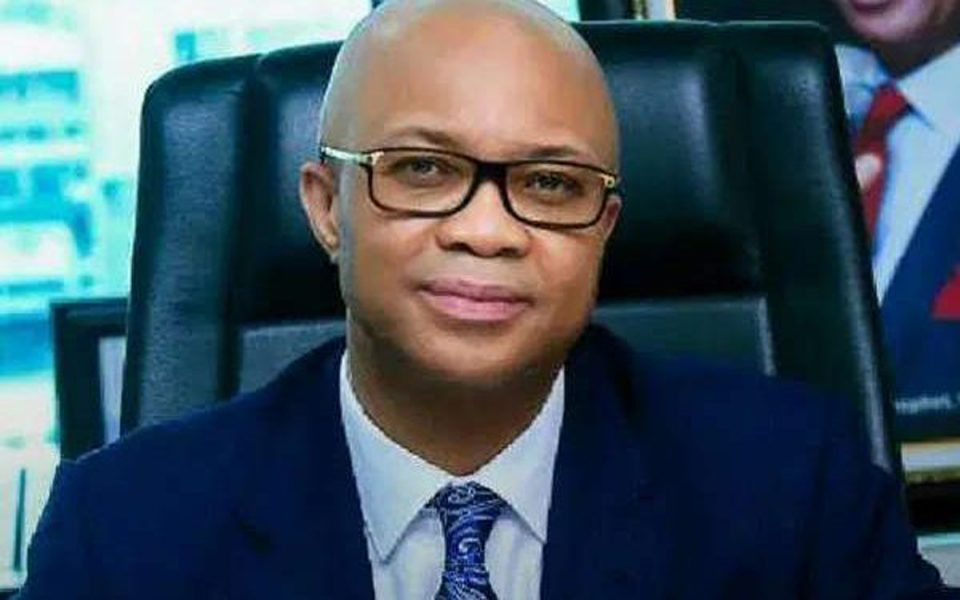THE Director-General, Budget Office of the Federation, Mr Ben Akabueze, has projected a revenue of N10.74 trillion for the year 2022 of which oil revenue is likely to account for NGN3.5 trillion.
Responding to a chat with Mr Samuel Sule, CEO, Nigeria, Renaissance Capital, during the just concluded webinar programme organized by the Nigerian Stock Exchange, Akabueze, said there is a possibility for sustained progress in non-oil revenue, although some of that growth is of course inflationary.
He said the government seeks to introduce new revenues and more importantly to drive tax collection efficiency through greater use of technology, among other things.
Furthermore, he said Nigeria has a deliberate strategy focused on non-oil revenue growth, and the budget office is on a good trajectory in this respect: in 2015, oil revenue was 58 per cent of federal government projected revenue, while this number is estimated at 35 per cent for 2022.
In 2021, most non-oil budget revenues came in above targets, and only the oil sector let the government down, with oil revenue coming 50 per cent short of the target despite oil prices significantly higher than the budget benchmark.
This he said was largely due to the effects of unbudgeted fuel subsidy and oil production below even the OPEC quota.
He said year 2021 closed with N6.1 trillion in revenue for the federal government and N12.9 trillion in expenditure, which implies a N6.8 trillion deficit.
However, he noted that cutting back on government expenditure at this point is not a viable option for a number of reasons, “in the first place because we are not spending nearly enough on a per-capita basis” he said.
Therefore, what is needed to be done on the expenditure side is to focus on efficiency of spending. Moreover, economic growth is still lagging, and government expenditure is one of the pre-requisite drivers to boost it, he added.
Shedding more light, he said domestic economic growth in Nigeria is expected to be driven in 2022 by combination of investments and expenditure.
In terms of expenditure, he said the government has maintained an expansive fiscal stance as much as given the resource constraints that the country is faced with.
Last year, he said a Nigeria Development Plan 2021-2025 was launched, which calls for investments of N349 trillion. Of this amount, the private sector is expected to invest about N300 trillion. Together with the existing fiscal policies, the 2022 budget should spur private sector growth.
Specifically, he identified the area where significant private investment is needed is in infrastructure, and there are government policies in place such as the road infrastructure tax credit scheme, which seeks to encourage private investments in infrastructure.
Also, he said the government has made it clear that it is open to consider PPP transactions, with four major airports up for concession.




